JOS — The Coalition of Fulani Registered Organizations (COFRO) has rejected what it described as the “unjust profiling” of Fulani herders as aggressors in the recurring violence in Plateau State, insisting they are in fact victims of attacks.
Addressing a press conference in Jos on Thursday, Chairman of COFRO in Bokkos Local Government Area, Sale Yusuf Adamu, dismissed recent allegations by the Bokkos Concerned Youth (BCY) that Fulani herders were behind the sacking of over 300 communities and the killing of more than 200 people.
Adamu said no herder has ever been arrested in connection with the alleged atrocities, stressing that Fulani communities have instead borne the brunt of the violence.
“Because of this unjust labelling, our people have suffered killings, destruction of houses, loss of livelihoods, and massive cattle rustling. Many Fulani families have been forced out of their ancestral lands by local militia groups who then occupy those lands,” Adamu stated.
He alleged that more than 50 Fulani settlements have been sacked in Bokkos LGA, listing communities such as Marish, Cherget, Mangwan, Machambe, Kwatas, Dimish 1 & 2, Wumat 1 & 2, Dakin Kowa, Chikam 2, Garau, Bakanu, Angwan Abuja, Getel, Bot, Faranti, Makada, Woshen, and Rui, among others.
The COFRO chairman also debunked claims that Fulani herders collude with security agencies during attacks, describing the allegations as “false, speculative, and dangerous.”
“These accusations are capable of setting the peace-loving Fulani people of Bokkos against security forces. They must be disregarded,” he warned.
Adamu appealed for peace, urging the government, security agencies, stakeholders, and the international community to resist what he called “baseless and divisive narratives” against Fulani herders in Plateau State.


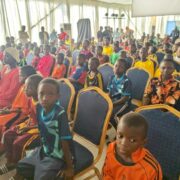

![Wike declares 19 persons wanted for operating illegal refineries in Rivers [Full List]](https://nelsdaily.com/wp-content/uploads/2022/01/122638722_whatsubject-180x180.jpg)

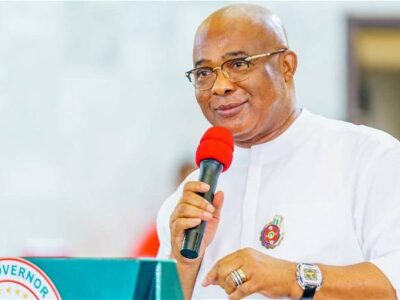

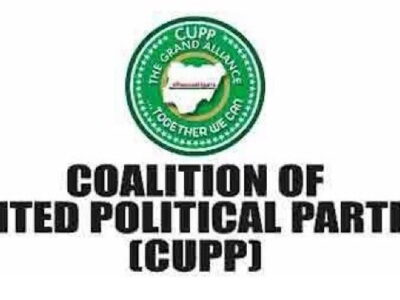
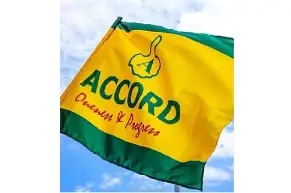









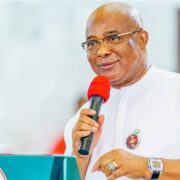
Comments